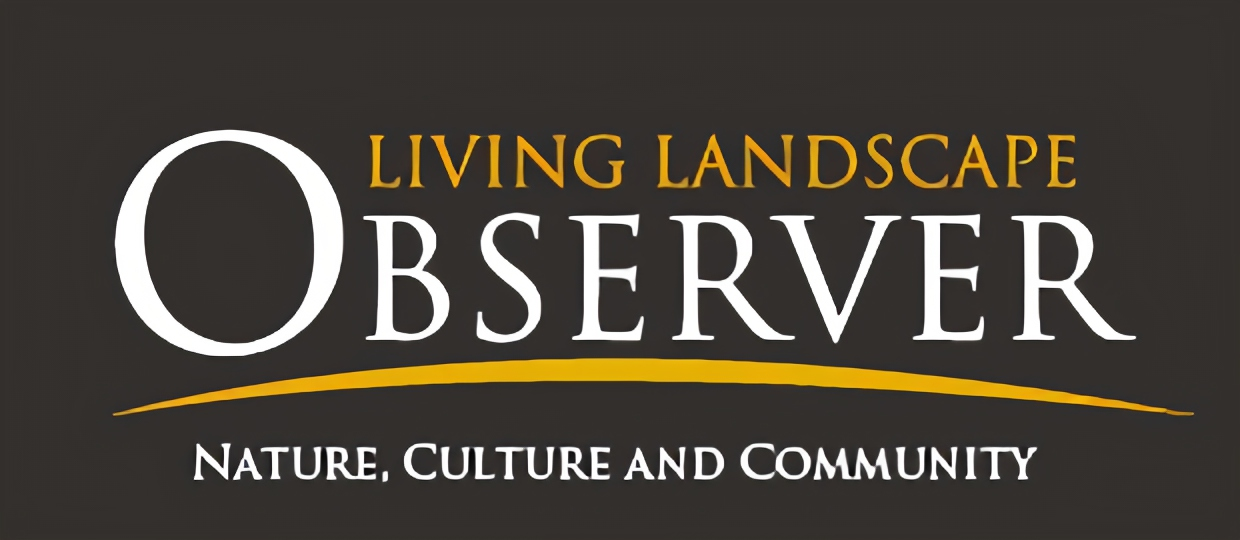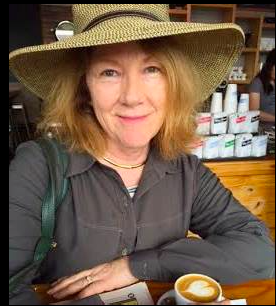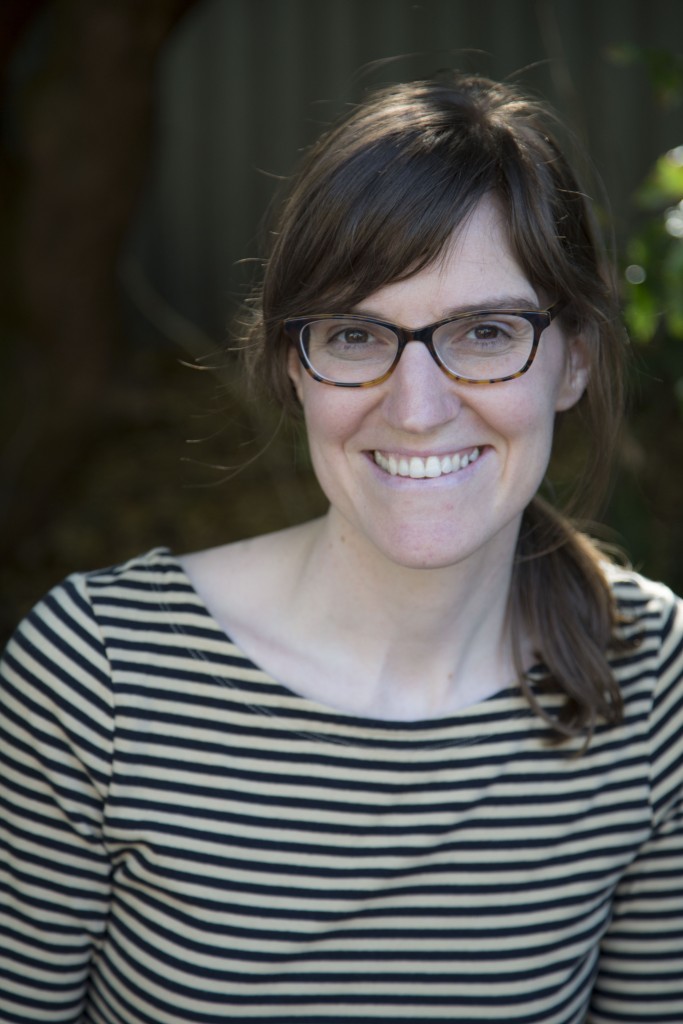To provide observations and information on the emerging fields of landscape scale conservation, heritage preservation, and sustainable community development.
Newsletter
Stay up-to-date with the latest nature, culture and community news.
We won’t spam you or share your information. Newsletters are sent approximately 10 times a year. Unsubscribe at any time.
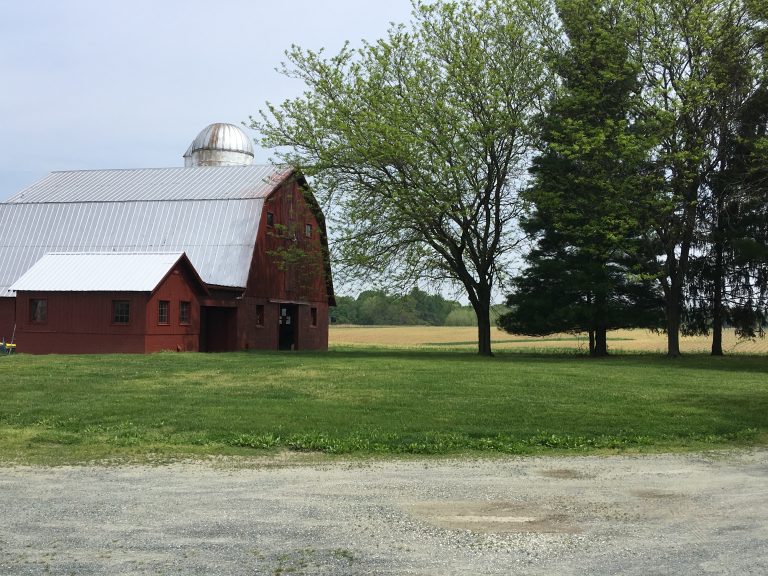
Perpetual Easements as Historic Events
When does the act of conservation itself become historic? Should the establishment of a permanent easement automatically render farmland as potentially eligible for listing on the National Register of Historic Places? Read more about how these ideas could affect the the landscape of historic properties within agricultural communities.
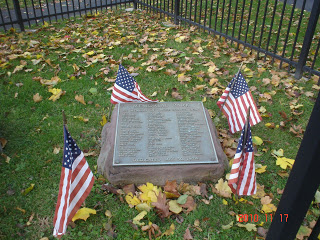
‘Memorial Park’ Carlisle PA
Memorial Park in the peaceful Central Pennsylvania town of Carlisle is just one example of the tragic fate of African American burial grounds. The site of this park was once the Lincoln Cemetery used by the African American community from between 1840 and the early 1900s. While the number of burials is not known, they probably numbered in the hundreds including 35 former United States Colored Troops (USCT) veterans. In the 1970s the site’s use as a burial ground was erased, except for one small plaque, to make a community park. What lessons can we lean from this story?
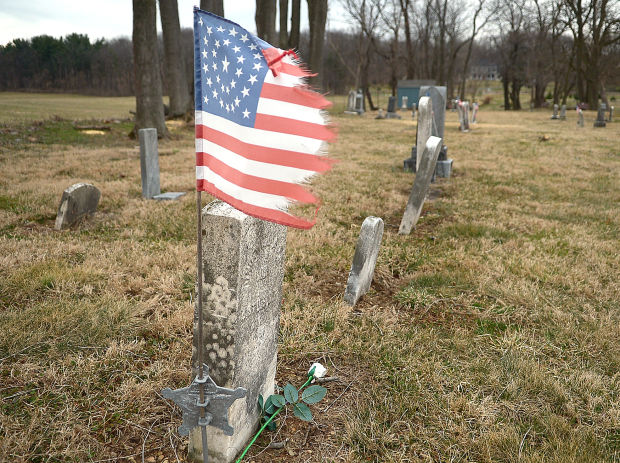
The Crying Need to Establish an African American Burial Grounds Network
African American cemeteries are at risk across the country as many have been forgotten or face disuse and abandonment. Working with Congress and the National Park Service, innovative legislation has now been drafted to establish the African American Burial Grounds Network. The bill was introduced by dedicated sponsors Representatives Alma S. Adams (NC-12) and A. Donald McEachin (VA-04) who recognized the strong spiritual and patriotic as well as historic association of these sites for the African American community.

Proposed National Register rule threatens Historic & Cultural Landscapes
It is not news that the current administration is unfriendly to landscape scale conservation. So, it is not surprising that a proposed a Department of Interior (DOI) rule-making has taken another step to discouragie landscape conservation. This time by making it more difficult for the public to nominate historic properties and in particular cultural landscapes to the National Register of Historic Places. The reason for this change is not hard to find. Recognition of the cultural value of landscapes is seen as an impediment to the administration’s allies who have interests in resource extraction and energy development projects.

New National Heritage Areas: The Time has Come
Bills designating new National Heritage Areas have been introduced for several Congressional sessions, but nothing happened. That is until this year, when with surprising speed and overwhelming majorities, the Senate and House passed the Natural Resources Management Act. This bill is already being celebrated and rightly so for permanently reauthorizing the Land and Water Conservation Fund,creating three new national monuments, expanding park boundaries and so on. What has been less discussed in the over 600 pages of this legislation is the designation of six new National Heritage Areas.

Perpetual Easements as Historic Events
When does the act of conservation itself become historic? Should the establishment of a permanent easement automatically render farmland as potentially eligible for listing on the National Register of Historic Places? Read more about how these ideas could affect the the landscape of historic properties within agricultural communities.

‘Memorial Park’ Carlisle PA
Memorial Park in the peaceful Central Pennsylvania town of Carlisle is just one example of the tragic fate of African American burial grounds. The site of this park was once the Lincoln Cemetery used by the African American community from between 1840 and the early 1900s. While the number of burials is not known, they probably numbered in the hundreds including 35 former United States Colored Troops (USCT) veterans. In the 1970s the site’s use as a burial ground was erased, except for one small plaque, to make a community park. What lessons can we lean from this story?

The Crying Need to Establish an African American Burial Grounds Network
African American cemeteries are at risk across the country as many have been forgotten or face disuse and abandonment. Working with Congress and the National Park Service, innovative legislation has now been drafted to establish the African American Burial Grounds Network. The bill was introduced by dedicated sponsors Representatives Alma S. Adams (NC-12) and A. Donald McEachin (VA-04) who recognized the strong spiritual and patriotic as well as historic association of these sites for the African American community.

Proposed National Register rule threatens Historic & Cultural Landscapes
It is not news that the current administration is unfriendly to landscape scale conservation. So, it is not surprising that a proposed a Department of Interior (DOI) rule-making has taken another step to discouragie landscape conservation. This time by making it more difficult for the public to nominate historic properties and in particular cultural landscapes to the National Register of Historic Places. The reason for this change is not hard to find. Recognition of the cultural value of landscapes is seen as an impediment to the administration’s allies who have interests in resource extraction and energy development projects.

New National Heritage Areas: The Time has Come
Bills designating new National Heritage Areas have been introduced for several Congressional sessions, but nothing happened. That is until this year, when with surprising speed and overwhelming majorities, the Senate and House passed the Natural Resources Management Act. This bill is already being celebrated and rightly so for permanently reauthorizing the Land and Water Conservation Fund,creating three new national monuments, expanding park boundaries and so on. What has been less discussed in the over 600 pages of this legislation is the designation of six new National Heritage Areas.
